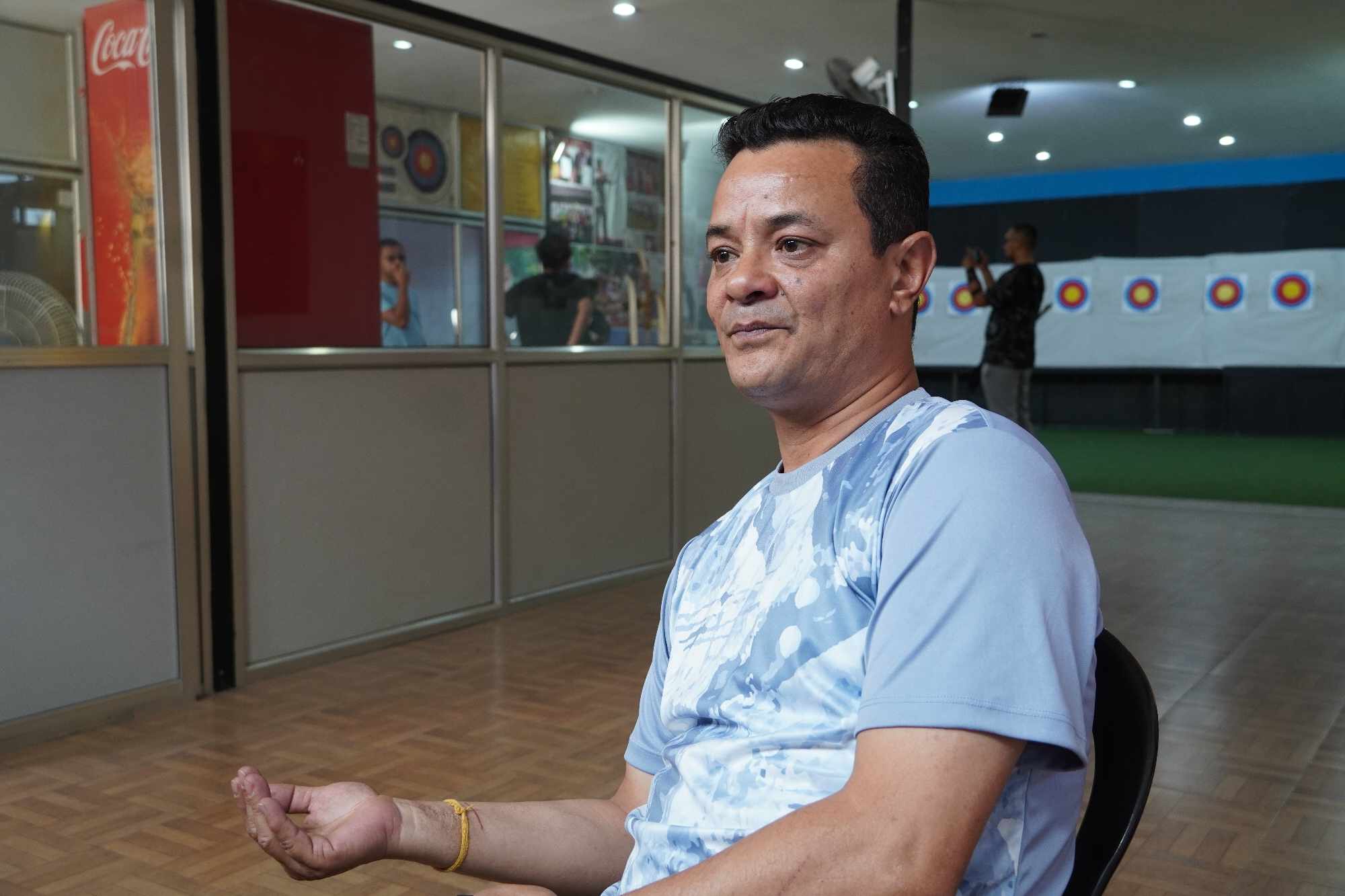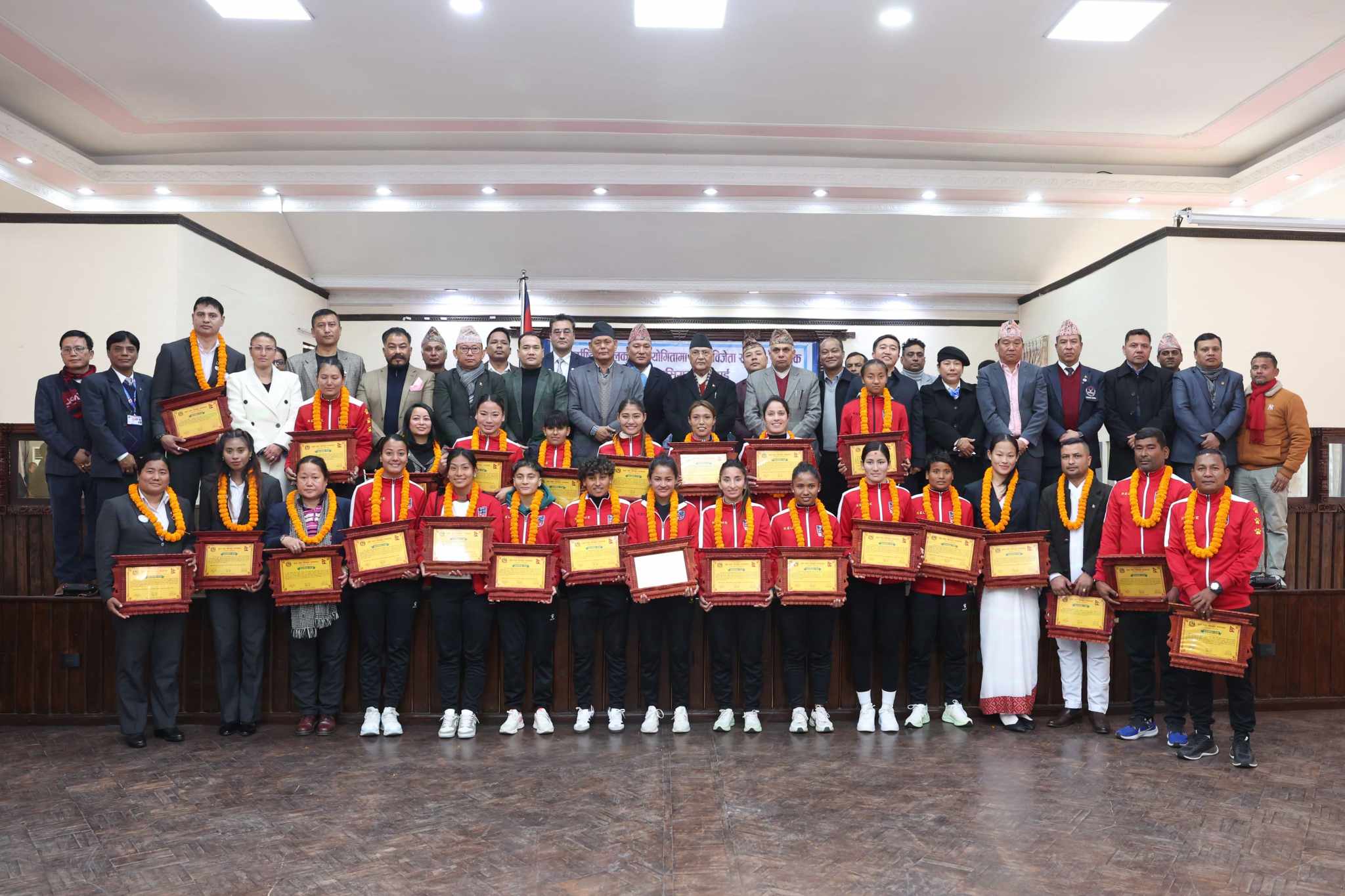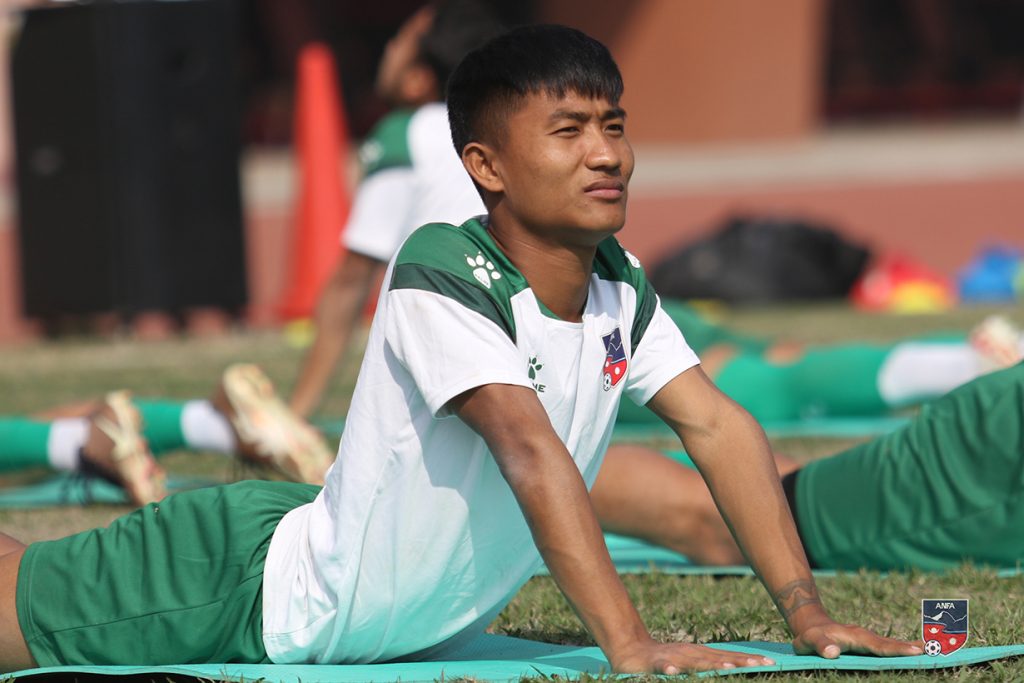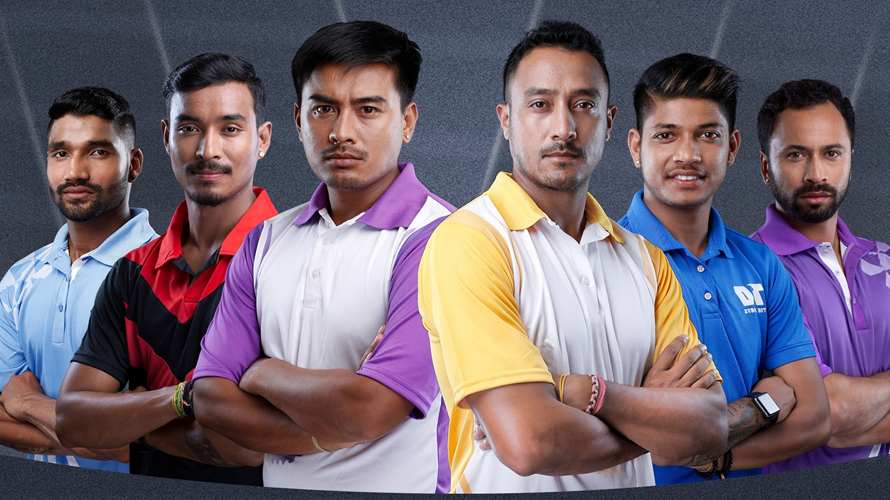
After completing the School Leaving Certificate (now SEE), Navin Bir Basnyet, a native of Lalitpur, went to Bangalore to pursue higher education. He completed his bachelor’s in management from the Philippines and a Master’s in Business Administration from the UK. After completing his education, he returned. Basnyet began seeking employment but could not secure a position immediately. Subsequently, he underwent management training in the banking sector and worked as a banker for 10 years.
In 2013, after a decade in banking, Basnyet decided to pursue entrepreneurship as the banking career did not satisfy him financially or emotionally. He grew weary of the 10-to-5 routine associated with the banking profession. Alongside his banking career, he dabbled in various ventures including real estate, farming, and restaurants, but none proved successful.
Introducing archery
Thus, in the same year, he launched a futsal named The Best Futsal in Kathmandu. The futsal business also did not meet his expectations. Already involved in recreational businesses, Basnyet desired further exploration in this sector. One day, while randomly browsing YouTube, he stumbled upon an archery video. Intrigued by the sport, he began researching a suitable location.
“I was concerned that someone might initiate an archery business before me,” Basnyet recalls, “So, I secured land near my home in Jhamsikhel and constructed an archery hall.”
As he began constructing infrastructure for archery, he connected with a British native who was an archery expert. This individual invited Basnyet to Thailand, offering guidance for his business. Until then, Basnyet had never even handled a bow.
“At that time, I hadn’t even seen a bow in person. I underwent two weeks of training there and returned home, purchasing necessary equipment,” he recalls.
Initially, Basnyet assumed that archery would resemble futsal in terms of technical aspects and equipment. However, he discovered significant differences. Upon returning to Nepal, he enlisted a senior archer as a trainer.
Thus, in 2014, he established The Best Archery, which he claims to be Nepal’s first indoor archery facility. He asserts that such facilities are scarce not only within Nepal but also outside the country.
Entrepreneur to archer

Initially lacking expertise in archery, Basnyet faced questions from visitors about his proficiency. Determined to improve, he sought archery training, which was unavailable in Nepal. He eventually found suitable training in Thailand, completing level 2 certification. However, his plans for level 3 were disrupted by the onset of the Covid-19 pandemic.
“Few have undergone level 3 training, while only a couple have reached level 2,” Basnyet remarks, “After completing the training, I actively engaged in archery, participating in various national competitions and securing medals in some.”
Basnyet notes a recent increase in footfall at The Best Archery, particularly since the Covid-19 pandemic, with a growing number of foreign visitors. Many of the visitors are youngsters. Basnyet says that they come for fun and to hang out. Some office groups also visit for entertainment. He recalls an occasion when an organisation brought over 80 staff members to play archery.
Basnyet also says that some players who used to come in The Best Archery had later turned into professional archers. They have been in various national and international competitions.
Satisfied with the success of his archery venture, Basnyet considers it his best decision to date.
Upon returning from London, Basnyet aspired to earn enough to afford two international trips annually, a goal his banking job did not fulfil.
“However, archery has provided the financial means to achieve that,” he concludes.
While talking with Onlinekhabar, Basnyet also voiced his disappointment with the Nepal Archery Association.
“The association does nothing; it neither organises competitions nor provides training. They are not supportive of the players,” he remarks.
Beyond sports

Basnyet identifies the unavailability of equipment as the biggest challenge in running an archery business.
He says that everything, including bows and arrows, is imported from India. “A single bow costs between Rs 100,000 to 150,000, while a dozen arrows can cost 500-600 dollars.”
Basnyet comes from an academic background in management, but now he is a sportsperson and also manages a sports business. Regarding this, he says, “You can pursue whatever you want, regardless of your academic background. Your education will always be a plus point; it won’t go to waste.”
Basnyet considers archery more than a sport.
“Once you are into archery it is a meditation. The sports can’t be played without proper concentration, focus and body balance,” he says. “When you play archery you look at a point, avoiding visual and verbal distraction.”


























